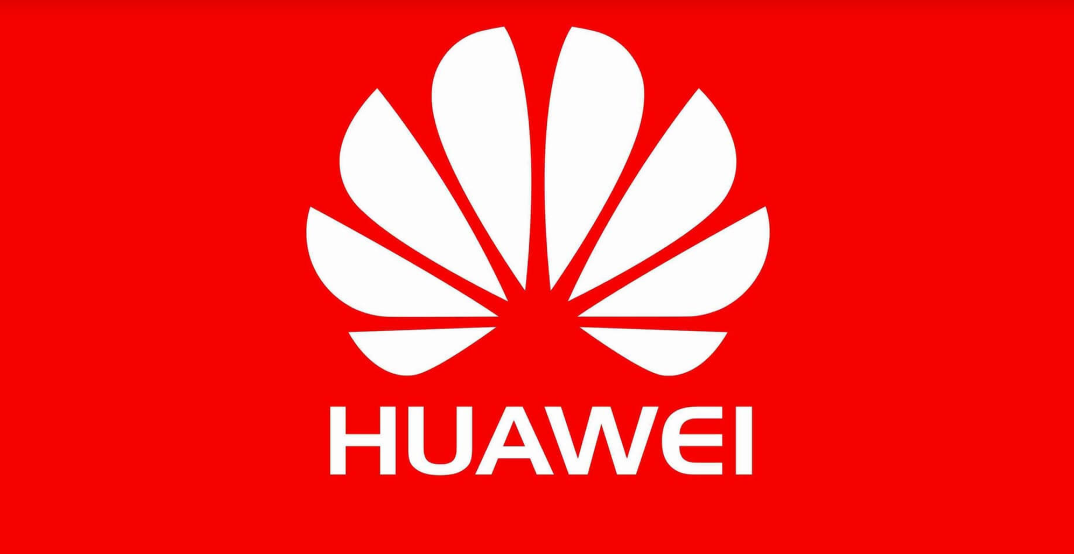FCC Makes Huawei Threat Designation Official
Denies Chinese telecom's appeal of that status

The smarter way to stay on top of the multichannel video marketplace. Sign up below.
You are now subscribed
Your newsletter sign-up was successful
The FCC has denied Huawei's appeal of the FCC's designation of the Chinese telecom as a suspect tech supplier and a threat to national security whose tech must be scrubbed from U.S. networks.
The FCC had already tentatively concluded as much, but Huawei had appealed the decision to deny broadband subsidy money to any network building out using Huawei technology.
Related: FCC's Denies ZTE Appeal
The FCC voted Thursday (Dec. 10) to approve the final designation of Huawei as on the list of threats to the security and integrity of national networks and the supply chain.
The vote came the same day the FCC voted on the framework for identifying other national security tech threats, preventing them from getting Universal Service Fund government broadband subsidies, and removing their tech from existing networks.
FCC, Huawei Square Off in Court Briefs
The order concludes that the FCC has sufficient and independent authority to designate Huawei as a threat, and finds that the Secure and Trusted Network Communications Act did not undermine the FCC's authority, and that the FCC gave Huawei plenty of opportunity to participate in process of determining its status.
Commissioner Brendan Carr, who said Huawei was effectively under the control of the Chinese Communist Party, said the move would protect American networks. "We should treat Huawei as nothing short of a threat to our collective security.
Commissioner Jessica Rosenworcel called the decision "clear and correct." Starks called it "critically important work."
FCC chairman Ajit Pai pointed out that the company was subject to sweeping Chinese intelligence laws and was forbidden to disclose its assistance to the government. He said a "laundry list" of evidence required the commission to take its action.
The smarter way to stay on top of the multichannel video marketplace. Sign up below.
Contributing editor John Eggerton has been an editor and/or writer on media regulation, legislation and policy for over four decades, including covering the FCC, FTC, Congress, the major media trade associations, and the federal courts. In addition to Multichannel News and Broadcasting + Cable, his work has appeared in Radio World, TV Technology, TV Fax, This Week in Consumer Electronics, Variety and the Encyclopedia Britannica.

